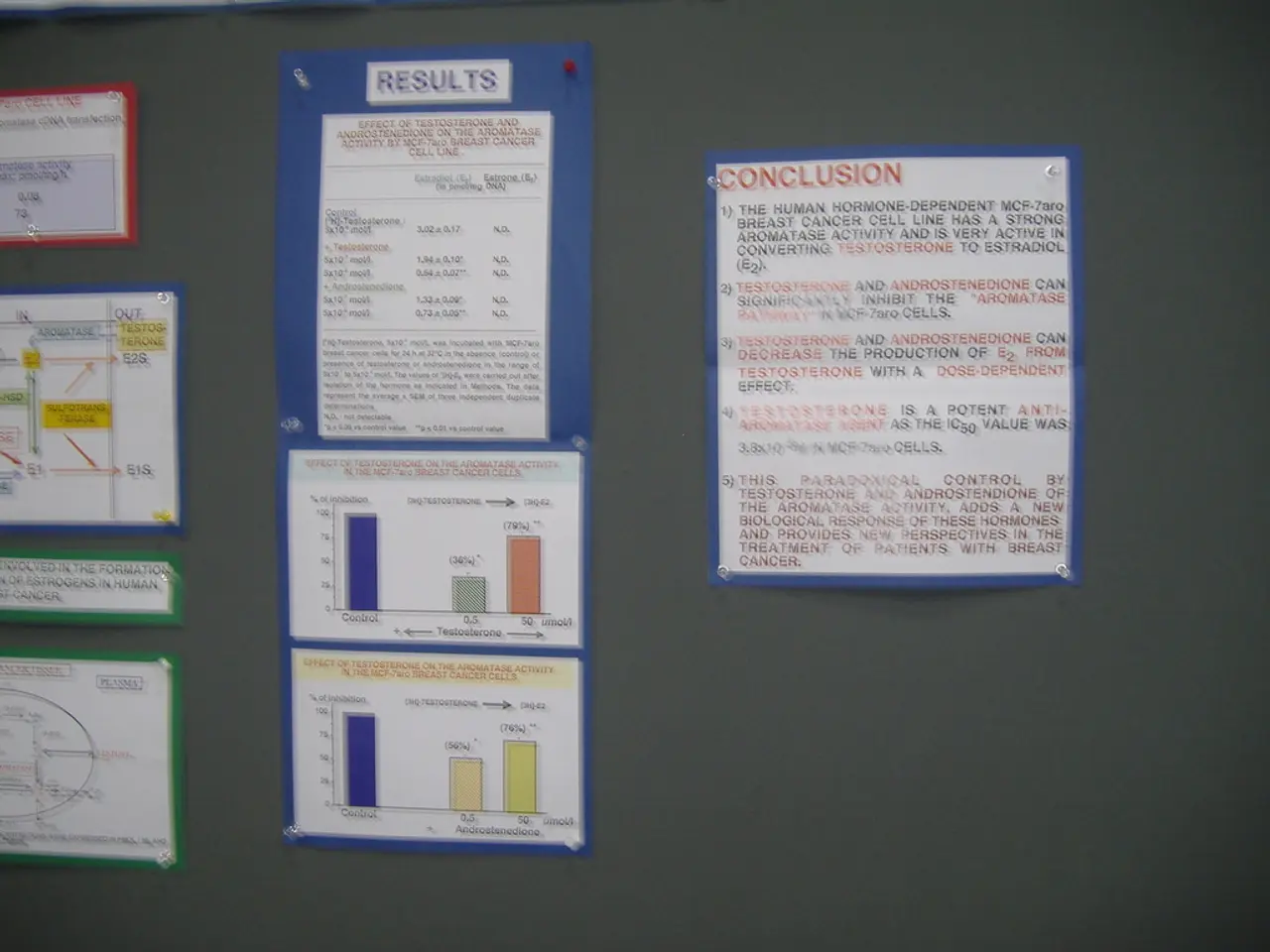Tenant in UAE Faces Eviction Threat Over Refusal to Agree to Significant Rent Hike
In the vibrant city of Dubai, managing rental properties can come with its own set of challenges. Here's a comprehensive guide to navigating eviction and rent disputes in the emirate, based on the guidelines provided.
For landlords, it's important to remember that using an eviction notice as leverage for a rent hike can be seen as an abuse of the process. Instead, any changes to rent at renewal require a 90-day notice, and any increase must follow the Dubai Land Department's index.
If you find yourself in a situation where rent is overdue or a rent cheque has bounced, you can apply online for a writ of payment from the Rental Disputes Centre (RDC). To do so, you will need the tenancy contract, Ejari, title deed, payment schedule, and bank memo showing the cheque bounce.
If the tenant still doesn't pay after receiving the writ of payment, you can move to execution. However, it's crucial to ensure that the notice was formally sent, and if not, it could be invalid.
On the other hand, tenants have rights too. If the eviction is for personal use, they can seek compensation through the RDC. They should respond in writing that they're willing to renew within the legal rent limits and reserve the right to challenge an invalid or bad faith eviction. If they face financial difficulties, it's recommended to propose a payment plan and file it at the RDC or reflect it in a registered addendum on the contract.
The RDC can dismiss a sham eviction and set fair rent using the Smart Rental Index. Persistent non-payment can justify eviction under the law after proper notice. If the property is regained on the ground of personal use, the owner cannot re-let the property for two years (residential) and three years for a commercial property.
For those based abroad, the step-by-step process for recovering rent or regaining possession includes serving a written demand, filing the RDC e-service for a writ of payment, proceeding to execution if the payment isn't made, and pursuing eviction for non-payment through the RDC after serving a written request of payment notice under the law. You can appoint someone locally by power of attorney to manage filings if you can't do it yourself.
It's worth noting that the owner or a first-degree relative must genuinely need the property and demonstrate they do not own another suitable property. If the property is regained on the ground of personal use, not for sale, the landlord must meet strict legal conditions for eviction in Germany, including proving personal necessity or sale reasons, and rent increases must comply with legal limits and formal requirements under the German Tenancy Act (Mietpreisbremse and §§ 558-559 BGB).
Lastly, it's essential to keep all necessary documents such as the lease, Ejari, passport copy, title deed, and proof of arrears to speed up orders and enforcement. The opinions expressed in this article do not constitute legal advice and are provided for information only. Send any questions to [email protected].
Read also:
- Long-Term Prescription Drug Impact on Brain Function
- Benefits, sources, and supplements for Vitamin D and its role in addressing osteoporosis
- Diabetes Management during Pregnancy: Keeping Tabs on Blood Sugar Levels and Lifestyle Adjustments
- Life Expectancy with Interstitial Cystitis: Exploration of Research, Treatment Methods, and Additional Information







